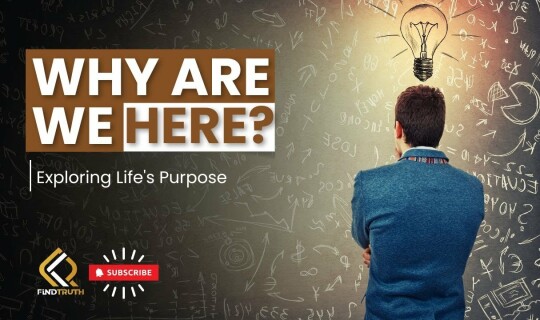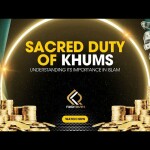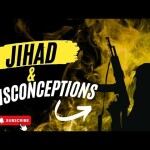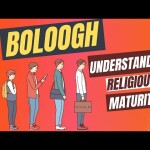An insightful examination of the authenticity of the Quran, addressing common misconceptions about its origin and providing evidence to prove its divine authenticity.
The question of whether the Quran is fabricated has been a topic of debate for centuries, but Islamic scholars and historians have provided ample evidence to support the divine origin of the Quran. For Muslims, the Quran is the unaltered word of God, preserved through divine intervention. But how can one ascertain that the Quran we have today is indeed the same as revealed to the Prophet Muhammad (PBUH)?
1.Historical Preservation: One of the strongest pieces of evidence supporting the authenticity of the Quran is its historical preservation. Unlike other ancient scriptures that have undergone revisions and alterations over time, the Quran has remained unchanged since it was revealed. This is due to the careful memorization and recitation by the companions of the Prophet Muhammad (PBUH), as well as the compilation of the Quran into a written text during the caliphate of Abu Bakr (RA) and Uthman (RA). The original manuscripts of the Quran were distributed across the Muslim world, ensuring that no alterations could be made to its content.
2.Miraculous Linguistic Style: The linguistic structure of the Quran is another compelling proof of its divine origin. The Quran's eloquence, unique style, and unmatched beauty have never been replicated despite centuries of attempts. Its structure is not only a masterpiece of Arabic language but also contains intricate layers of meaning that reveal new insights with every recitation and study. This linguistic miracle points to the divine nature of the Quran, as human beings could not have produced such a text.
3.Scientific Accuracy and Prophecies: The Quran contains numerous verses that align with modern scientific discoveries, long before these discoveries were made by humanity. The Quran describes the development of the human embryo, the expansion of the universe, and the water cycle, among other phenomena, in a manner that corresponds with contemporary scientific understanding. Additionally, the Quran contains prophecies, some of which have already come to pass, further validating its divine origin.
4.The Quran's Impact on Civilization: The Quran has had a profound and lasting impact on civilizations across the world. Its teachings have shaped societies, provided moral guidance, and contributed to advancements in science, mathematics, medicine, and law. The transformative effect of the Quran on individuals and societies, motivating them to strive for justice, peace, and personal development, underscores its divine guidance.
5.No Contradictions or Errors: Despite being revealed over a span of 23 years, the Quran remains free from contradictions or errors. The consistency in its message, regardless of the time, place, or context of the revelations, is an indication of its divine origin. The Quran's message is both timeless and relevant to every aspect of human life, providing guidance for personal, social, and spiritual matters.
6.Preservation Through Oral Tradition: The Quran has been preserved not only in written form but also through oral tradition. For centuries, millions of Muslims have memorized the Quran, and its recitation has been passed down from generation to generation. This tradition of memorization ensures that the Quran is preserved in its original form, with any potential errors being corrected by the collective effort of the Muslim community. The number of people who have memorized the Quran, and their ability to preserve it exactly as it was revealed, further affirms its authenticity.
7.The Quran's Challenge: The Quran itself challenges humanity to produce a text like it, stating, "Say: 'If the whole of mankind and jinn were to gather together to produce the like of this Quran, they could not produce its like, even if they helped one another.'" (Quran 17:88). This challenge, which has stood for over 1,400 years, has never been met. No one has been able to replicate the Quran’s style, substance, and depth, which reinforces its divine origin.
In conclusion, the question of whether the Quran is fabricated can be confidently answered with evidence from history, language, science, and tradition. The Quran's preservation, linguistic beauty, scientific accuracy, and impact on civilizations all point to its divine origin. For Muslims, the Quran is not just a book, but a living miracle, serving as a guide for life and a testament to God's existence and mercy. The belief in the Quran’s authenticity is rooted in its consistency, its impact on the world, and the unwavering faith of billions of believers who witness its divine nature every day.









